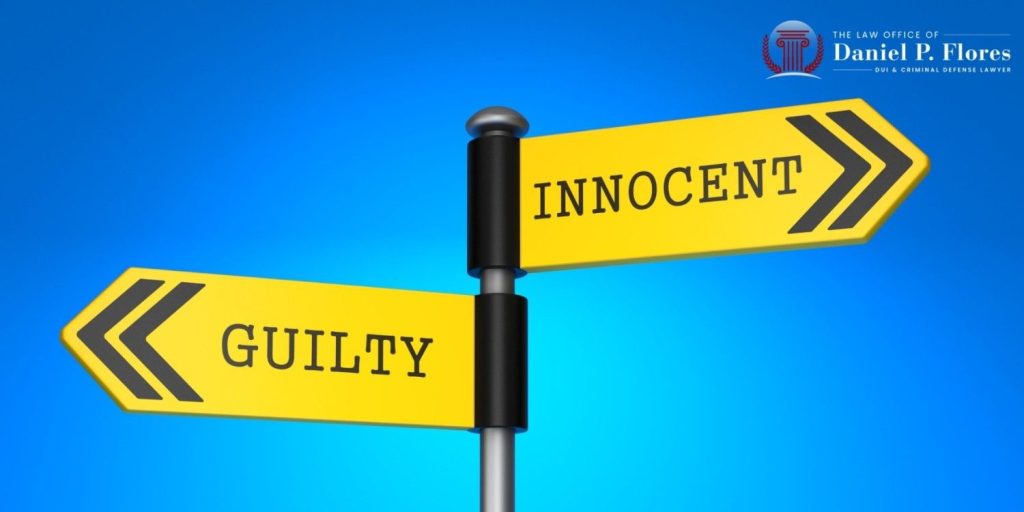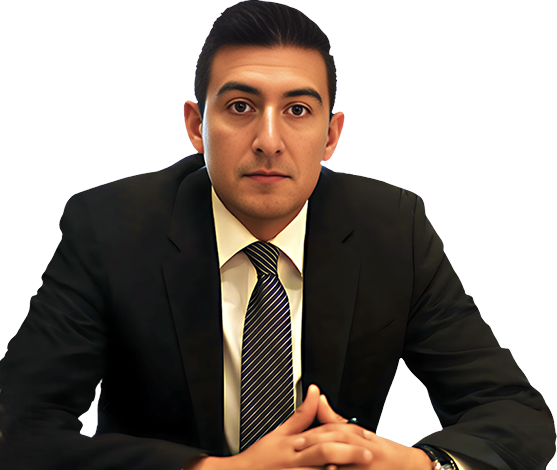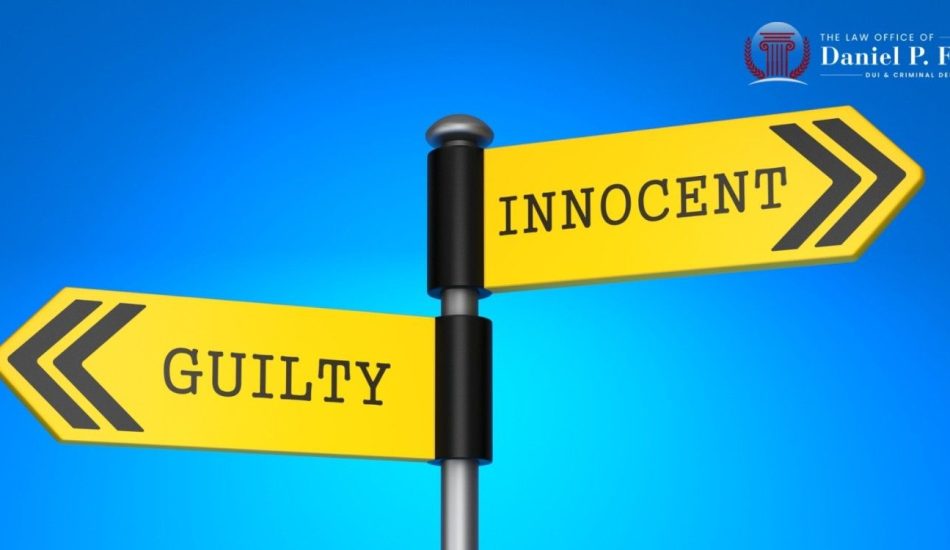|
|
Last Modified on Aug 08, 2024
How Does the Court Determine a Defendant’s Guilt or Innocence in California?
If you have been arrested on criminal charges, you most likely have a lot of questions and concerns regarding the court process you are facing. One of the biggest may be, “How does the court determine a defendant’s guilt or innocence in California?” To better understand how the process works, you should seek legal counsel from a trusted West Covina criminal defense lawyer.
The Structured Legal Process
The determination of a defendant’s guilt or innocence follows a structured legal process based on the principles of due process and the presumption of innocence. It is designed to ensure fairness and to adhere to established legal standards. Contact us at the Law Office of Daniel P. Flores today., will help you with strong defense and protect your rights.

Juror Selection
Jurors are selected at random from a pool of eligible citizens residing in the county in California, where the trial will take place. Upon arrival at the courthouse, they are asked to fill out a questionnaire that asks about their basic demographic information and their potential biases or conflicts that may affect their ability to serve impartially. The prosecution and defense attorney will have the opportunity to review their answers and point out factors that they believe could affect eligibility.
The next step is the voir dire process, where attorneys can question potential jurors. This is to find potential jurors who can be fair and impartial, without biases that could impact their ability to decide on the case based solely on the evidence presented in court. The judge will dismiss any potential jurors if they are not a good fit.
Once the twelve jurors are selected, the judge will give preliminary instructions, informing the jury of:
- The presumption of innocence: The judge reminds the jurors of the defendant’s right to be presumed innocent and that it can only be overcome if the prosecution can prove guilt beyond a reasonable doubt.
- The burden of proof: The judge will inform the jurors that the burden of proof is on the prosecution and the defendant does not need to prove their innocence.
- Proof of guilt beyond a reasonable doubt: The prosecution must prove guilt beyond a reasonable doubt. The judge will make sure the juror understands how to know if this has been met and not purely by speculation.
- Elements of the offense: The prosecution must prove guilt beyond a reasonable doubt for all of the elements of the alleged crime. The judge will outline the laws the defendant has allegedly violated.
Evidence Evaluation
The prosecution will present testimonial evidence, physical evidence such as documents, weapons, and clothing, and demonstrative evidence like charts, photographs, and other visuals. California follows the California Evidence Code, which outlines how evidence should be handled and used during trials.
The prosecution will question their own witnesses, and the defense attorney will then question them to challenge their testimony or credibility.
The jury will listen and evaluate all the evidence presented during the trial. They will decide on the credibility of the witnesses, physical evidence, and other evidence to determine guilt or innocence.
The Deliberation Process and Verdict
After all the evidence has been presented and closing arguments have been made, the jurors will move to a private space to discuss the evidence as a group and decide whether or not they believe the prosecution has met the burden of proof. They may have disagreements but will try to work towards reaching a unanimous consensus. In criminal cases, jurors must all agree on if they believe the defendant is guilty or not guilty.
If they cannot reach a unanimous decision, the judge will declare a hung jury, which leads to a mistrial. A mistrial means the trial ends without a verdict, and the prosecution may retry the defendant.
If they reach a unanimous decision, they will take a formal vote to ensure consensus, and a foreperson, or designated juror, will announce the verdict in open court. The case will then move to sentencing.
The Importance of an Experienced Criminal Defense Lawyer on a Jury’s Decision in CA
A skilled criminal defense attorney in California Evidence Code understands they will need to convince a jury that their client is innocent of the crimes they have been accused of. We understand that the jury will include many different kinds of people with unique backgrounds and beliefs. Presenting a clear and understandable argument, providing visual support for evidence explanation, and simplifying the case so that anybody can understand can be the difference between an innocent or guilty verdict.
FAQs About Defendant’s Guilt or Innocence in California
What Is the Standard of Proof in Criminal Cases in California?
The standard of proof is “beyond a reasonable doubt,” meaning the prosecution must prove the defendant’s guilt to such a degree that there is no reasonable doubt in the minds of the jury or judge. Additionally, the jury must be unanimous to convict a defendant, meaning all 12 jurors must agree on the verdict.
Can a Defendant Waive Their Right to a Jury Trial in California?
Yes, a defendant can waive their right to a jury trial and opt for a bench trial, where the judge alone will determine if they are guilty or innocent. An attorney will thoroughly discuss the decision with their client to weigh the advantages and disadvantages of this decision. In felony cases, the prosecution must also consent to the waiver.
What Is the Difference Between a Mistrial and an Acquittal?
The difference between a mistrial and an acquittal is important. A mistrial occurs when a trial is invalidated due to an error, misconduct, or a hung jury. The prosecution may retry a case that results in a mistrial. An acquittal is finding the defendant not guilty of the charges, meaning they cannot be retried for the same offense.
What Factors Can Influence the Outcome of a Trial?
There are many factors that can influence the outcome of a trial. Some influential factors include the quality of evidence, witness testimonies, quality of legal representation, jury composition and dynamics, the defendant’s characteristics such as demeanor or appearance, potential legal and procedural errors or issues, any pretrial publicity, trial strategy, and more.
Talk to an Experienced Defense Attorney
The potential to face jail time can be anxiety-inducing and terrifying, especially when the decision is up to a jury of your peers. A skilled criminal defense attorney will help you build a robust defense and protect your rights. Contact us at the Law Office of Daniel P. Flores today.






